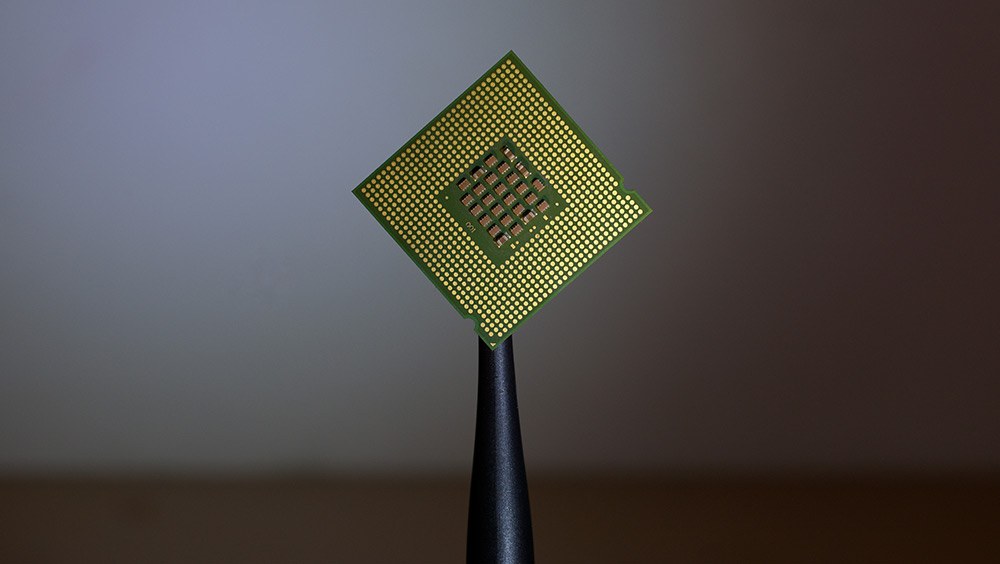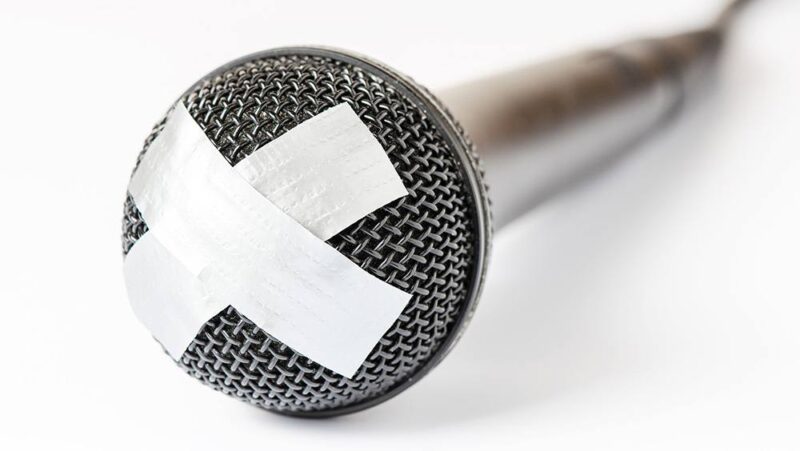Does ChatGPT Have the Right to Free Speech?

Artificial intelligence – a major force in media and technology – is at the center of hot new discussion these days about its potential impact on the arts, literature and whether AI expression is protected by the First Amendment.
“AI” can range from another name for the algorithms that make a zillion decisions a day on social media sites to apocalyptic creations that someday soon will reach self-awareness and surpass their human creators.
Artificial intelligence: Computer programs that imitate intelligent human behavior, like problem-solving, speech recognition and creativity.
Advocates would say AI can boost human creativity and connections to an entirely new level. Critics say it can bring a host of negatives, from AI-generated term papers to artwork that is technically excellent but lacking in the undefinable qualities a human artist brings to the canvas or sculptures.
Another wrinkle in AI’s development is that it learns only from what it is “fed,” so hundreds of workers are needed to teach it, through providing examples, to avoid socially unacceptable topics.
But one voice largely has been missing from the talk, tussle and turmoil over this next leap in technology. So, I thought I would interview ChatGPT, an AI-powered chatbot created by a San Francisco company.
Here is our chat:
Editor's note: Please click through each slide to read the full interview.
Good interview, with direct, clear, amazingly quick and thoughtful responses, if at times a bit repetitive. After I logged out, it occurred to me that I accepted that “have a great day” as I would have from any person I was speaking with. And then I wondered how long that great day, for all of us persons, will last?
Someday, when I want that answer, I’ll ask AI.
Gene Policinski is a senior fellow for the First Amendment at the Freedom Forum. He can be reached at gpolicinski@freedomforum.org
ChatGPT image courtesy openai.com
Free Expression or Infringement? 10 Famous Copyright Cases to Know
How (and Why) These 16 Famous Songs Were Banned
Related Content
 Gene: Why do we need a First Amendment?
Gene: Why do we need a First Amendment? AI: The First Amendment to the United States Constitution protects the freedom of speech, religion, the press, assembly, and petition. It is necessary to ensure that individuals have the right to express their thoughts and ideas freely without fear of government censorship or retaliation. It also protects the rights of minority groups and ensures that there is a diversity of voices and perspectives in society. Additionally, it allows for the free exchange of information and the ability for citizens to hold their government accountable.
AI: The First Amendment to the United States Constitution protects the freedom of speech, religion, the press, assembly, and petition. It is necessary to ensure that individuals have the right to express their thoughts and ideas freely without fear of government censorship or retaliation. It also protects the rights of minority groups and ensures that there is a diversity of voices and perspectives in society. Additionally, it allows for the free exchange of information and the ability for citizens to hold their government accountable.
